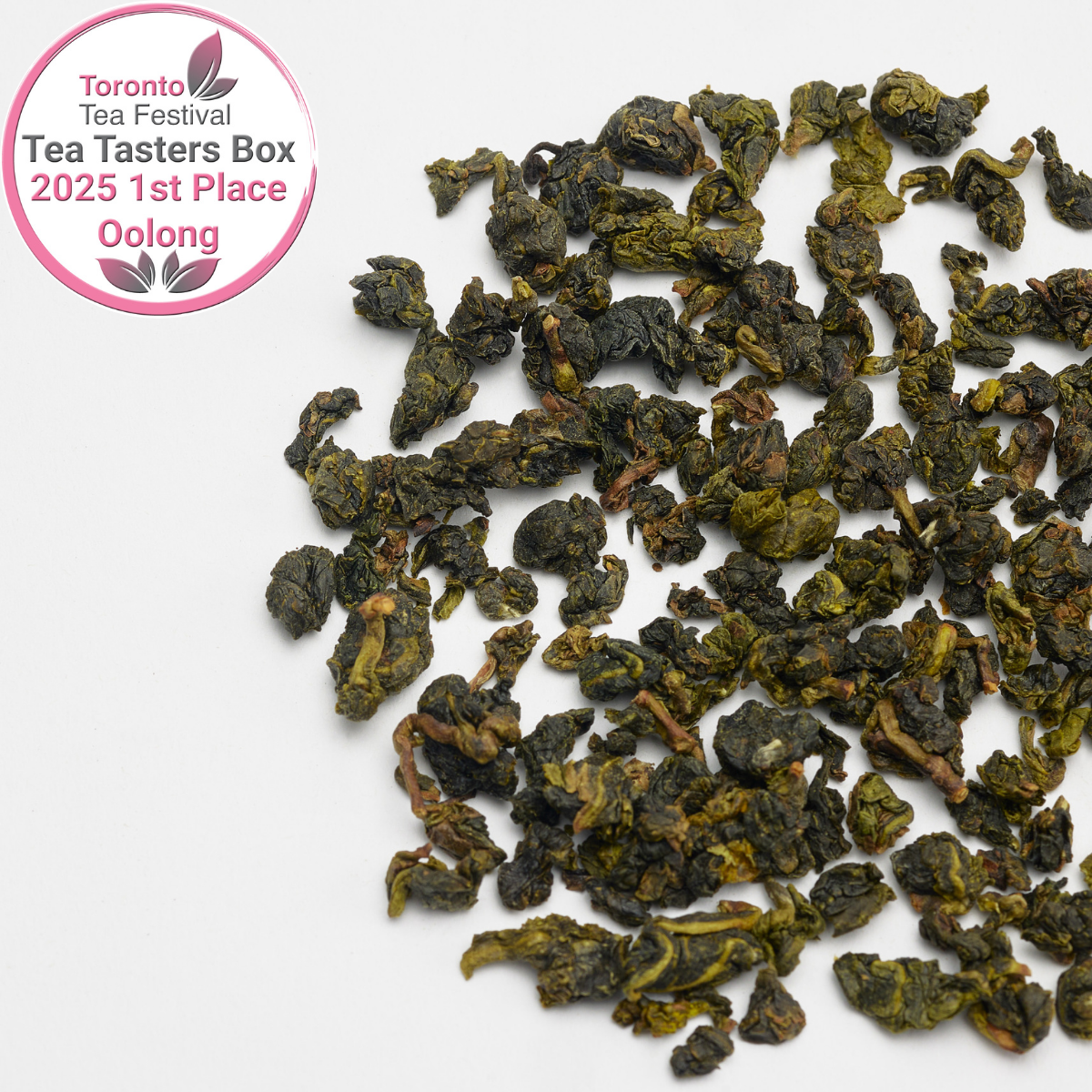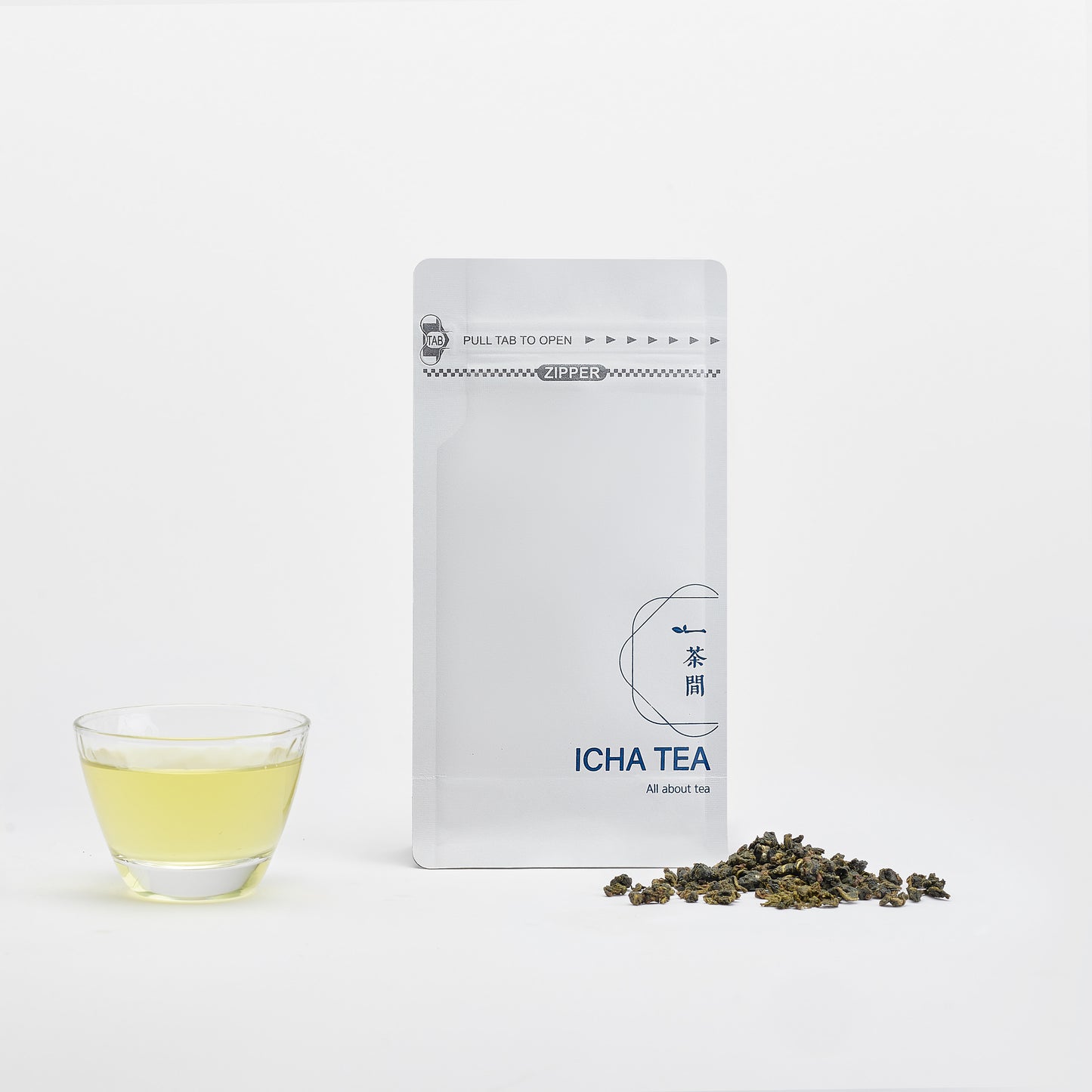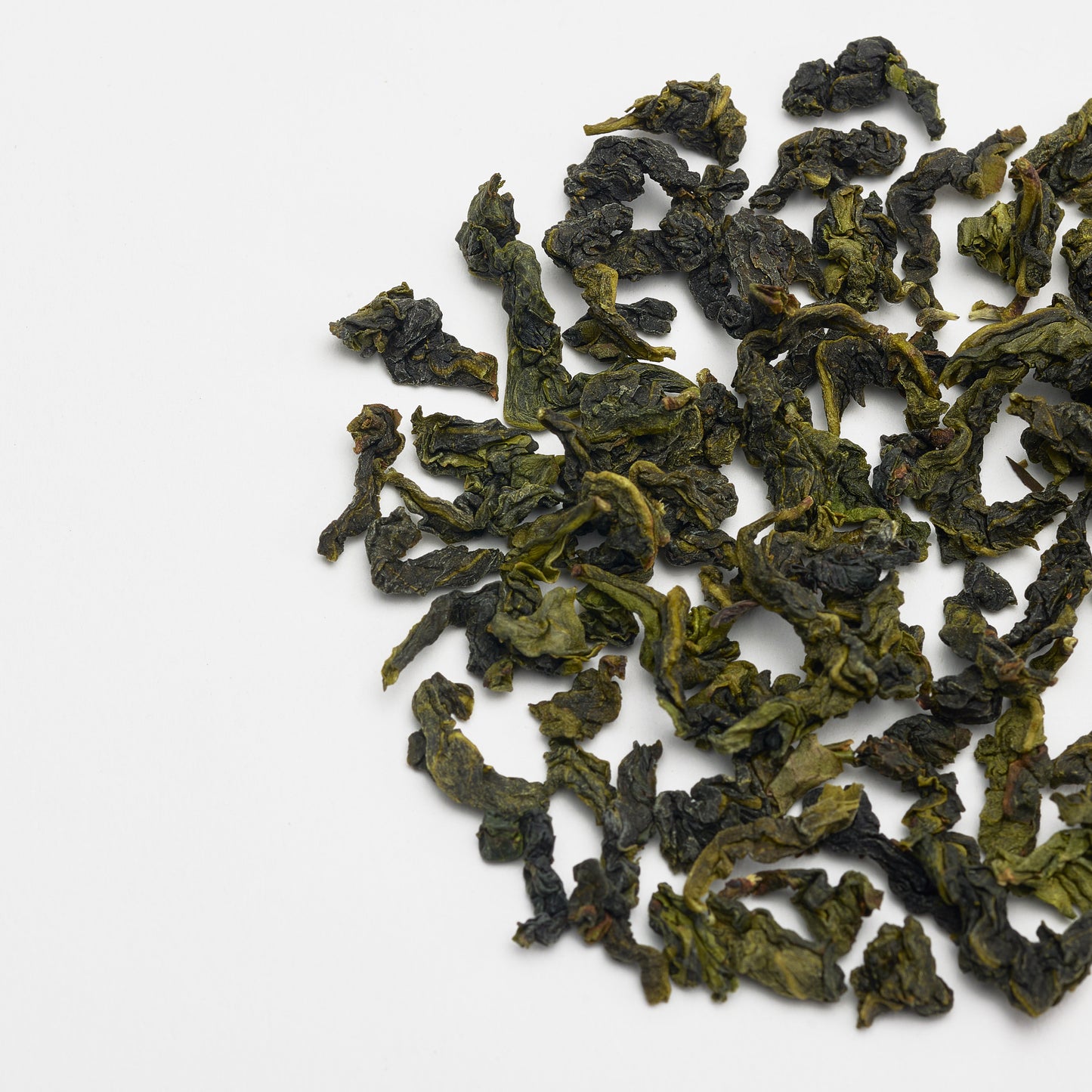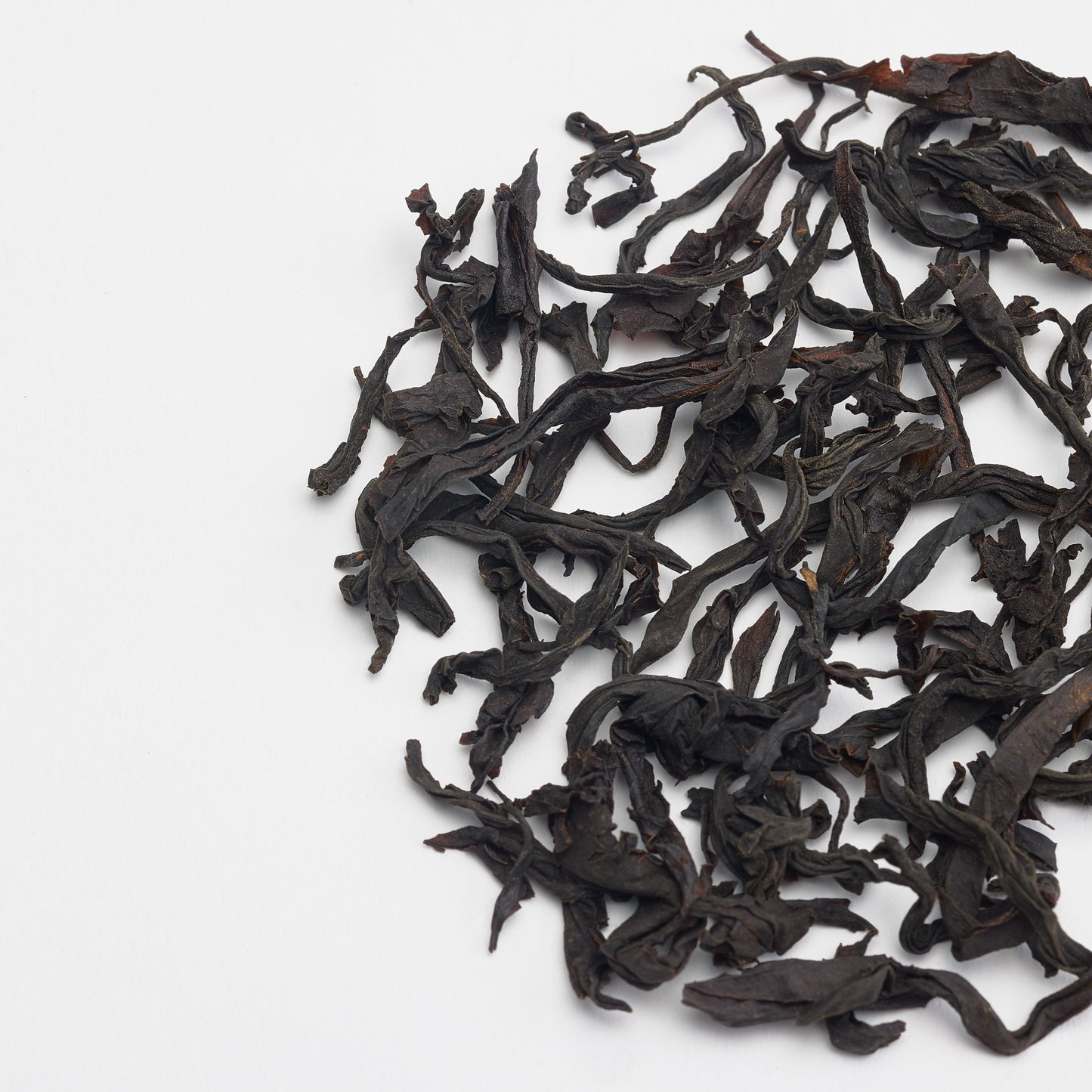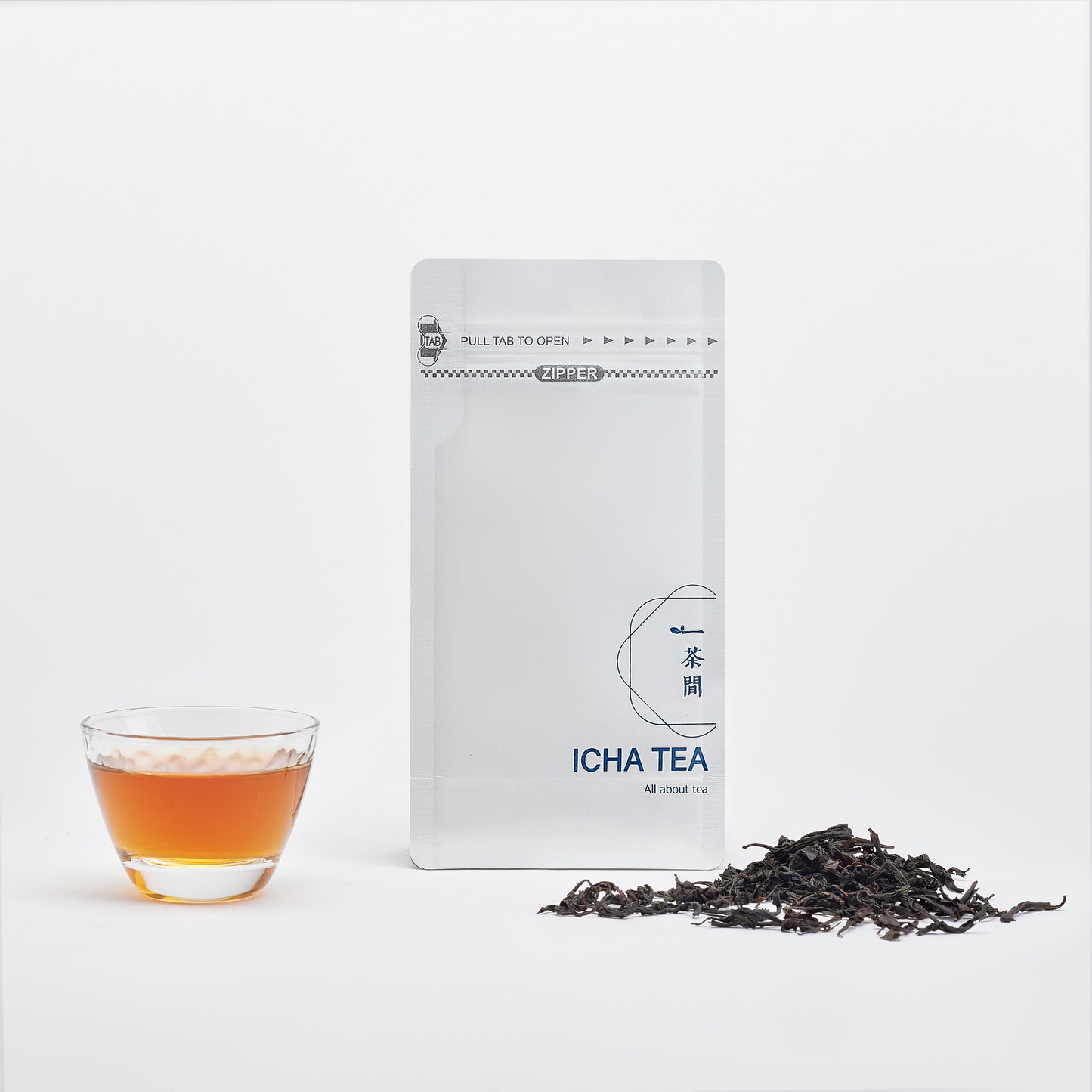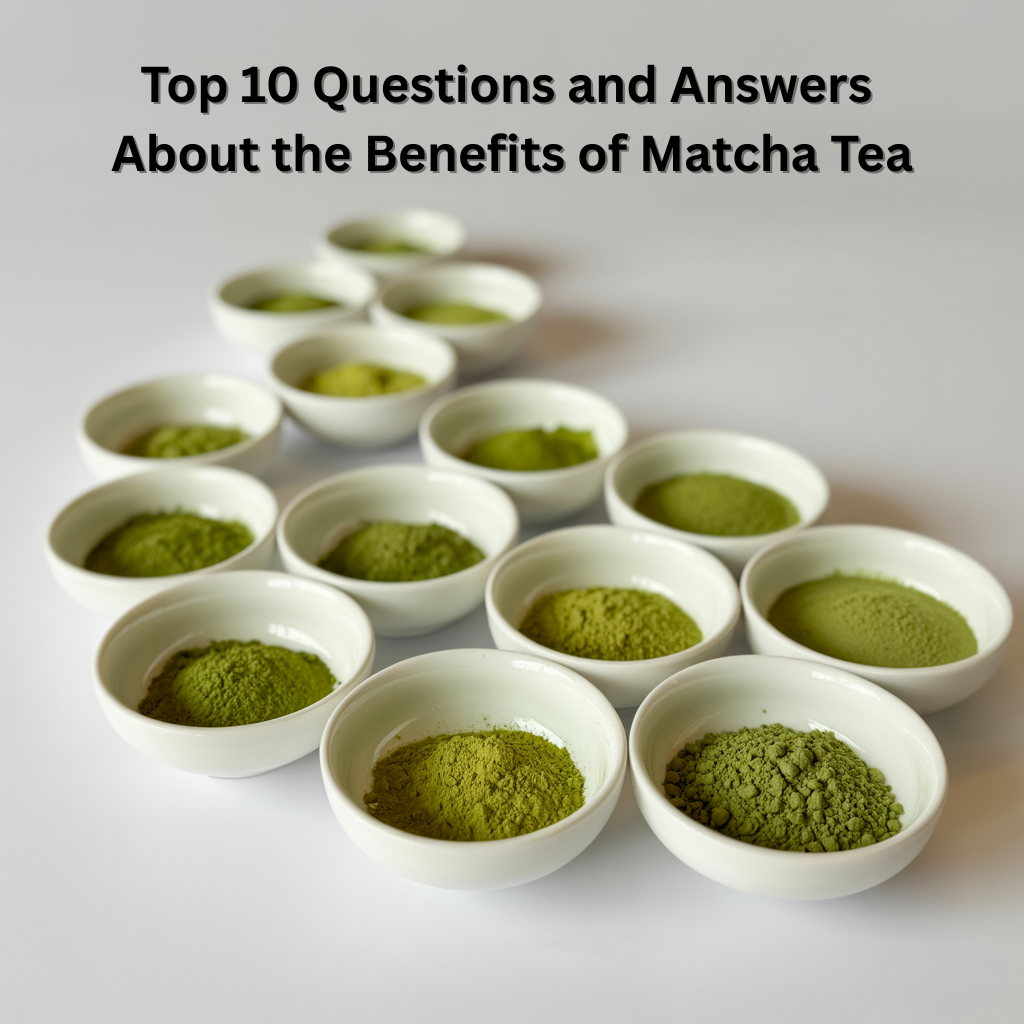
From ancient Japanese tea ceremonies to modern wellness routines, matcha has captured global attention as a remarkable superfood. This vibrant green powder has earned its place in health-conscious kitchens worldwide, beloved for its unique flavour profile and impressive potential benefits.
Whether you're new to matcha or looking to deepen your understanding of this extraordinary tea, you likely have questions about what makes it so special. This article explores the ten most frequently asked questions about matcha's health benefits, covering everything from its exceptional antioxidant content to its potential for supporting energy, focus, and overall well-being.
We'll delve into the science behind matcha's beneficial compounds, examine how quality affects its health properties, and provide practical guidance for incorporating this ancient superfood into your modern lifestyle.
1. Does Matcha Really Have More Antioxidants Than Other Teas?
The short answer is yes, but the details matter significantly. Matcha's unique cultivation and processing methods create dramatically higher antioxidant levels compared to regular green tea. When tea plants are shade-grown for three to four weeks before harvest, they produce elevated levels of chlorophyll and antioxidant compounds as a protective response¹.
The stone-grinding process that transforms shade-grown tencha leaves into matcha powder ensures you consume the entire leaf, not just an infusion. This fundamental difference means matcha delivers antioxidant levels that can be 10-15 times higher than traditional green tea preparations².
EGCG (epigallocatechin gallate), matcha's most studied antioxidant, reaches concentrations of 7-17mg per gram in high-quality matcha³. Regular green tea provides only 0.2-2mg per gram. These numbers translate to real differences in potential health benefits, but only when you're consuming authentic, properly processed matcha from reputable sources.
Quality grades significantly impact antioxidant content. Ceremonial grade matcha from young, first-harvest leaves contains the highest concentrations, while culinary grades may have substantially lower levels. This variation explains why not all matcha delivers the same benefits.
2. Can Matcha Help With Weight Loss?
Research suggests matcha may support weight management through several mechanisms, though it's not a magic solution for weight loss. Studies examining green tea extracts, including matcha, show modest but measurable effects on metabolism and fat oxidation⁴.
EGCG appears to enhance thermogenesis—the process by which your body burns calories to produce heat. A meta-analysis of green tea studies found that participants consuming green tea catechins burned an additional 70-100 calories daily compared to control groups⁵. Whilst modest, this effect could contribute to gradual weight management when combined with proper diet and exercise.

Matcha's caffeine content (35-70mg per serving) also contributes to increased metabolism and fat burning during exercise⁶. The combination of caffeine and catechins appears more effective than either compound alone, suggesting matcha's unique composition offers advantages over isolated supplements.
However, realistic expectations are crucial. Matcha won't compensate for poor dietary choices or sedentary lifestyles. Its benefits appear most pronounced when incorporated into comprehensive wellness routines that include balanced nutrition and regular physical activity.
3. Does Matcha Provide Sustained Energy Without Crashes?
This represents one of matcha's most distinctive benefits, backed by both traditional use and modern research. The combination of caffeine (35-70mg per serving) and L-theanine (20-46mg per serving) creates a unique energy profile different from coffee or energy drinks⁷.
L-theanine, an amino acid found almost exclusively in tea plants, promotes alpha brain wave activity associated with relaxed alertness⁸. When consumed with caffeine, L-theanine appears to smooth out caffeine's stimulating effects, reducing jitters whilst maintaining mental clarity and focus.
(See the full comparison between matcha vs. coffee here)
Research participants consuming caffeine and L-theanine together demonstrated improved attention and cognitive performance compared to caffeine alone⁹. The effects typically begin within 30-60 minutes and can last 4-6 hours without the sharp decline often experienced with coffee.
Quality matters significantly for this benefit. Shade-grown matcha contains higher L-theanine levels than sun-grown alternatives, explaining why premium matcha often provides smoother, more sustained energy. Lower-grade matcha may lack sufficient L-theanine to balance its caffeine content effectively. You can find our recommendations for high-grade matcha varieties we've sourced from trusted suppliers from Japan.
4. Is Matcha Good for Heart Health?
Emerging research suggests regular matcha consumption may support cardiovascular health through multiple pathways. Large-scale population studies from Japan, where matcha consumption is traditional, show associations between green tea intake and reduced cardiovascular disease risk¹⁰.
Catechins in matcha, particularly EGCG, appear to support healthy blood pressure and cholesterol levels. A systematic review found that green tea consumption was associated with modest reductions in both systolic and diastolic blood pressure¹¹. The effects were most pronounced in individuals with elevated baseline measurements.
LDL cholesterol reduction represents another potential benefit. Studies examining green tea catechins found average LDL reductions of 5-10mg/dL with regular consumption¹². Whilst modest, these changes could contribute to long-term cardiovascular health when combined with heart-healthy lifestyle practices.
The anti-inflammatory properties of matcha's antioxidants may also support cardiovascular health by reducing oxidative stress and inflammation. These are key factors in heart disease development¹³. However, matcha should complement, not replace, established heart-healthy practices like regular exercise, balanced nutrition, and medical care.

5. Can Matcha Improve Mental Focus and Concentration?
Traditional Buddhist monks consumed matcha during long meditation sessions for good reason—its unique compound profile supports sustained mental clarity without restlessness. Modern research validates many of these traditional observations about cognitive benefits.
L-theanine's ability to increase alpha brain wave activity creates a state of relaxed focus, particularly beneficial for concentration-demanding tasks⁸. Unlike stimulants that can increase anxiety alongside alertness, L-theanine promotes calm attention that many find ideal for work or study.
(This article goes deeper into how matcha can sharpen the mind and focus)
The caffeine-L-theanine combination appears particularly effective for sustained attention tasks. Research participants showed improved performance on attention-switching exercises and reduced mind-wandering compared to placebo groups⁹. Effects typically peak 1-2 hours after consumption and gradually decline over 4-6 hours.
Individual responses vary significantly based on caffeine sensitivity, time of day, and baseline stress levels. Many people find morning matcha consumption provides optimal cognitive benefits without interfering with evening sleep patterns.
Matcha Benefits Comparison Table
| Benefit | Active Compound | Recommended Daily Amount | Time to Notice Effects |
|---|---|---|---|
| Antioxidant Protection | EGCG, Catechins | 1-2 servings (2-4g) | 2-4 weeks regular use |
| Energy & Focus | Caffeine + L-theanine | 1 serving (2g) | 30-60 minutes |
| Metabolism Support | EGCG, Caffeine | 1-2 servings before meals | 2-6 weeks |
| Stress Reduction | L-theanine | 1 serving (2g) | 30-45 minutes |
| Heart Health | Catechins | 1-2 servings daily | 8-12 weeks |
6. Does Matcha Help Reduce Stress and Anxiety?
L-theanine's stress-reducing properties represent one of matcha's most well-documented benefits. Clinical studies consistently show that L-theanine supplementation reduces subjective stress and anxiety whilst maintaining alertness¹⁴.
Unlike sedating compounds, L-theanine promotes relaxation without drowsiness by influencing neurotransmitter activity. It appears to increase GABA production—a calming neurotransmitter—while modulating dopamine and serotonin levels⁸. This neurochemical profile creates relaxed alertness rather than sedation.
Research participants consuming L-theanine showed reduced cortisol responses to stress and reported feeling calmer during challenging tasks¹⁴. The effects begin within 30-45 minutes and can last several hours, making matcha useful for managing daily stress.
The ritual aspects of matcha preparation may amplify these stress-reducing benefits. The mindful process of whisking matcha creates a meditative pause that many find calming independent of the tea's chemical properties.

7. Can Matcha Support Immune System Function?
Matcha's high antioxidant content theoretically supports immune function by reducing oxidative stress that can impair immune responses. EGCG demonstrates antimicrobial properties against various pathogens in laboratory studies.
Green tea catechins appear to enhance certain immune cell functions whilst modulating inflammatory responses. Some research suggests regular green tea consumption may reduce the incidence and duration of upper respiratory infections.
However, immune system research remains complex, and matcha shouldn't be viewed as immune system medicine. Its antioxidant properties may support overall health in ways that indirectly benefit immune function, but specific immune-boosting claims require more research.
Quality considerations become particularly important for immune support. Contaminant-free, organic matcha ensures you're not introducing harmful substances whilst seeking health benefits.
8. Is Matcha Anti-Inflammatory?
EGCG and other catechins in matcha demonstrate anti-inflammatory properties in both laboratory and human studies. These compounds appear to inhibit inflammatory pathways whilst promoting the body's natural antioxidant defenses.
Chronic inflammation contributes to numerous health conditions, from heart disease to arthritis. Regular consumption of anti-inflammatory compounds like those found in matcha may help maintain healthy inflammatory responses.
Population studies suggest that people who regularly consume green tea have lower levels of inflammatory markers compared to non-consumers¹¹. However, these observational studies cannot prove causation, and individual responses vary significantly.
Realistic expectations remain important—matcha's anti-inflammatory effects are subtle and work best as part of an overall anti-inflammatory lifestyle including proper nutrition, regular exercise, and stress management.
9. Does Matcha Improve Skin Health?
Matcha's potential skin benefits stem from its antioxidant content and traditional topical uses. EGCG may help protect against UV-induced skin damage and support collagen production.
Some studies suggest that green tea polyphenols can reduce markers of skin aging and improve skin elasticity when consumed regularly over several months. The vitamin C content in matcha also supports collagen synthesis necessary for healthy skin.
However, dramatic skin improvements from matcha consumption alone are unlikely. Skin health depends on numerous factors including genetics, sun protection, overall nutrition, and skincare routines. Matcha may contribute to skin health as part of a comprehensive approach rather than providing standalone solutions.
Topical matcha applications in skincare products may offer more direct benefits than consumption, though high-quality research on topical matcha remains limited.
10. Are There Any Side Effects or Risks?
Most people tolerate matcha well, but several potential side effects deserve consideration. Caffeine sensitivity can cause jitters, anxiety, or sleep disruption, particularly in caffeine-naive individuals or when consumed in large quantities.
Stomach irritation represents another common concern, especially when consuming matcha on an empty stomach. The tannins that contribute to matcha's antioxidant properties can increase stomach acid production, potentially causing nausea or discomfort.
(Explore more the side effects you should know from drinking tea)
Iron absorption interference occurs when consuming matcha with iron-rich meals due to tannin content. People with iron deficiency should consider timing matcha consumption away from meals or iron supplements.
Quality issues pose additional risks. Low-grade matcha may contain contaminants, excessive fluoride, or lead from environmental pollution. Choosing reputable sources with transparent testing protocols minimises these risks.
Medication interactions, particularly with blood thinners or stimulant medications, warrant medical consultation before regular matcha consumption.
Quality Matters: How To Choose
The benefits discussed throughout this guide depend heavily on matcha quality. Ceremonial grade (or high-grade) matcha from Japan's traditional growing regions offers the highest concentrations of beneficial compounds and the lowest risk of contaminants.
Authentic matcha should display vibrant green colour, fine texture, and naturally sweet flavour without bitterness. ICHA TEA's commitment to traditional Japanese sources that perform rigorous quality testing ensures you receive matcha that can deliver the benefits research suggests and amazing flavour.
(Learn about the truth behind ceremonial matcha and culinary grade matcha here)
Proper storage in cool, dark conditions preserves matcha's delicate compounds. Light, heat, and air exposure rapidly degrade antioxidants and alter flavour, reducing both enjoyment and potential benefits.
Consider starting with small amounts to assess your individual tolerance and response. Most benefits appear with consistent daily consumption of 1-2 servings rather than occasional large quantities.
Conclusion
The research supporting matcha's health benefits continues growing, validating many traditional uses whilst revealing new potential applications. However, realistic expectations remain crucial—matcha offers gentle, cumulative benefits rather than dramatic health transformations.
Quality selection significantly impacts your experience and potential benefits. Investing in authentic, high-grade matcha from reputable sources like ICHA TEA ensures you're getting the compounds research suggests provide benefits while avoiding potential contaminants.
As with any wellness practice, consistency matters more than intensity. Regular, moderate matcha consumption as part of a balanced lifestyle offers the best opportunity to experience its researched benefits whilst minimising potential side effects.
You Might Also Enjoy These Matcha and Tea Related Articles
- Matcha Beauty Rituals, Japanese Secrets for Modern Skincare
- Does Matcha Help With Weight Loss?
- 3 Ways To Satisfy Your Sweet Cravings with Matcha
- How to Craft Starbucks Quality Matcha Lattes at Home
- What's Going On With This Matcha Shortage?!
- Matcha L-Theanine Benefits for Stress Reduction
- Order High-Quality Matcha here
Important Note: The information in this article is for educational and informational purposes only and has not been evaluated by Health Canada or the Food and Drug Administration. This content is not intended as medical advice, diagnosis, or treatment. Individual results may vary, and we recommend consulting with a healthcare professional before making significant changes to your diet or wellness routine.
References
- Ku, K.M., et al. (2010). Effects of shading on the profiles of flavonoid biosynthesis-related gene expression and flavonoid accumulation in tea leaves. Scientia Horticulturae, 125(2), 111-119. https://doi.org/10.1016/j.scienta.2010.03.006
- Weiss, D.J., & Anderton, C.R. (2003). Determination of catechins in matcha green tea by micellar electrokinetic chromatography. Journal of Chromatography A, 1011(1-2), 173-180. https://doi.org/10.1016/S0021-9673(03)01133-6
- Kochman, J., et al. (2021). Health benefits and chemical composition of matcha green tea: A review. Molecules, 26(1), 85. https://doi.org/10.3390/molecules26010085
- Hursel, R., Viechtbauer, W., & Westerterp-Plantenga, M.S. (2009). The effects of green tea on weight loss and weight maintenance: a meta-analysis. International Journal of Obesity, 33(9), 956-961. https://doi.org/10.1038/ijo.2009.135
- Phung, O.J., et al. (2010). Effect of green tea catechins with or without caffeine on anthropometric measures: a systematic review and meta-analysis. American Journal of Clinical Nutrition, 91(1), 73-81. https://doi.org/10.3945/ajcn.2009.28157
- Venables, M.C., et al. (2008). Green tea extract ingestion, fat oxidation, and glucose tolerance in healthy humans. American Journal of Clinical Nutrition, 87(3), 778-784. https://doi.org/10.1093/ajcn/87.3.778
- Nobre, A.C., Rao, A., & Owen, G.N. (2008). L-theanine, a natural constituent in tea, and its effect on mental state. Asia Pacific Journal of Clinical Nutrition, 17(S1), 167-168. https://pubmed.ncbi.nlm.nih.gov/18296328/
- Juneja, L.R., et al. (1999). L-theanine—a unique amino acid of green tea and its relaxation effect in humans. Trends in Food Science & Technology, 10(6-7), 199-204. https://doi.org/10.1016/S0924-2244(99)00044-8
- Owen, G.N., et al. (2008). The combined effects of L-theanine and caffeine on cognitive performance and mood. Nutritional Neuroscience, 11(4), 193-198. https://doi.org/10.1179/147683008X301513
- Kuriyama, S., et al. (2006). Green tea consumption and mortality due to cardiovascular disease, cancer, and all causes in Japan. JAMA, 296(10), 1255-1265. https://doi.org/10.1001/jama.296.10.1255
- Peng, X., et al. (2014). Effect of green tea consumption on blood pressure: a meta-analysis of 13 randomized controlled trials. Scientific Reports, 4, 6251. https://doi.org/10.1038/srep06251

